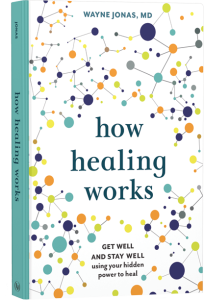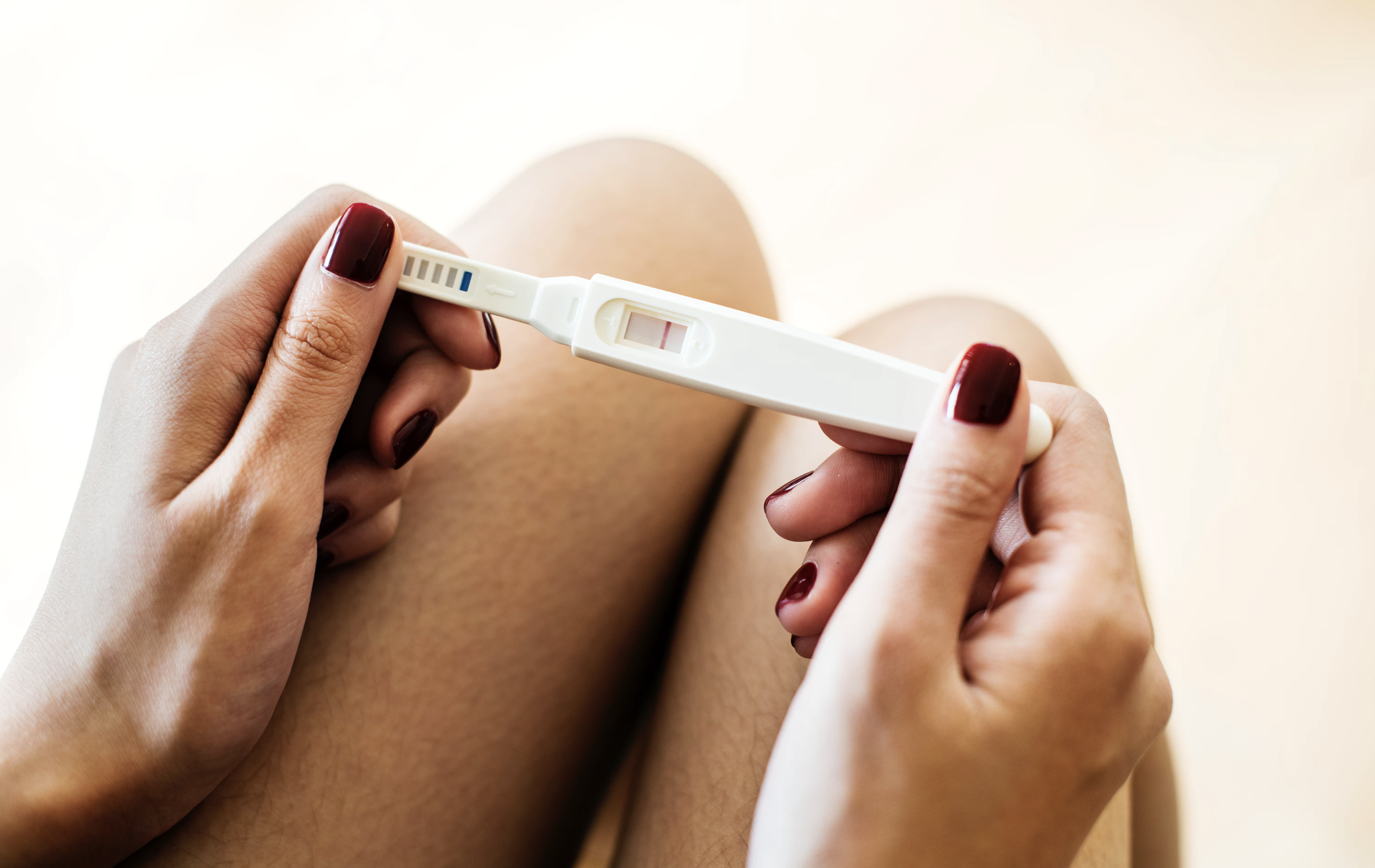So you and your partner have decided to take the plunge into parenthood. You’ve embraced a healthier lifestyle, said goodbye to birth control and read every fertility blog and book out there to help your chances of getting pregnant.
All going well, most couples will take an average of six to twelve months to become pregnant. However, approximately 12 percent of all women between the ages of 18 and 44, will have problems getting or staying pregnant.
Regardless of when you decide to get pregnant, it’s important to begin preparing your body before you toss your birth control. This includes establishing healthy habits and becoming more familiar with how your habits affect your ability to have children.
- Maintain a healthy weight: Women who are obese may take twice as long to become pregnant, and underweight women four times longer than women at a healthy weight.
- Quit smoking: Smoking can increase your risk of infertility by 60 percent.
- Avoid alcohol: Two or more drinks a day can increase your risk of infertility by 60 percent.
- Reduce your caffeine intake and keep away from illegal drugs, including marijuana.
One of the most common reasons women are unable to get or stay pregnant, of course, is physical. If you’re not ovulating, have blocked fallopian tubes, or your partner has fertility issues, you may need surgery or medications. However, other lifestyle issues, including weight, overall health, and stress, can also play a role.
That’s where integrative medicine comes in. Many couples turn to complementary and alternative medicine to address their infertility. One study of eight infertility practices involving 428 couples found that a third had used some form of complementary and alternative to treat infertility, including acupuncture, herbal therapy, bodywork, such as chiropractic or massage, and meditation.
Integrative medicine approaches are particularly effective in reducing stress, which can impact conception. Acupuncture, massage, meditation, deep breathing and other relaxation techniques can reduce the stress associated with getting pregnant and, possibly, improve the chance of conceiving.
Certain supplements may also help with conception, including chaste berry and large doses (750 mg/day) of vitamin C. It is also important to start taking prenatal vitamins. You don’t have to wait until a positive pregnancy test. Considering taking folic acid and B vitamins before you start trying to get pregnant. It is important that you discuss any supplements you’re taking with your healthcare provider.
Infertility and Integrated Medicine
Over the past 20 years, reproductive specialists have come to understand the importance of the mind/body connectionon fertility and begun integrating complementary and alternative medicines, including meditation, Reiki, massage, nutritional support, yoga, and acupuncture, into their medical practices or partnering with integrative medicine specialists.
Many infertile couples turn to assisted reproductive techniques in the hope of conceiving. These may include fertility drugs, artificial insemination, or in-vitro fertilization (IVF), in which the egg and sperm are fertilized in the laboratory and the embryo transferred to the woman. About a third of all IVF attempts in the US result in a live birth.
There is some evidence that certain integrative approaches may improve the likelihood of success in IVF. For instance, a review of several high-quality studies on the effects of acupuncture during fertility treatment found improvements in female and male infertility, as well as mental health.
Another study found that giving acupuncture on the day of the embryo transfer increased the likelihood of pregnancy.
We don’t know what’s behind the effects, but theories suggest acupuncture may stimulate the release of certain brain chemicals related to reproduction; promote blood flow to the uterus; increase the number of egg follicles available for women undergoing IVF, and reduce stress and anxiety.
When You’re Pregnant
Pregnancy is not all glowing skin and joy. Instead, it can be a nine-month slog through nausea, heartburn, back pain, and insomnia. So it’s not surprising that an Australian study of 1,835 pregnant women found that nearly half used some type of complementary and alternative approach (other than vitamins and minerals) during their pregnancy. A similar study in American women found that 37 percent of pregnant women used some form of complementary and alternative medicine, and 28 percent of women who had just given birth.
The most common were mind-body practices, such as meditation, yoga, and stress management classes. However, more than half of pregnant women using complementary and alternative medicine didn’t tell their physicians. That’s a mistake—if your doctor, whether traditional or integrative—is going to provide you with the best care, they need to know everything about your health and habits.

Your Health Into Your Own Hands
Drawing on 40 years of research and patient care, Dr. Wayne Jonas explains how 80 percent of healing occurs organically and how to activate the healing process.

